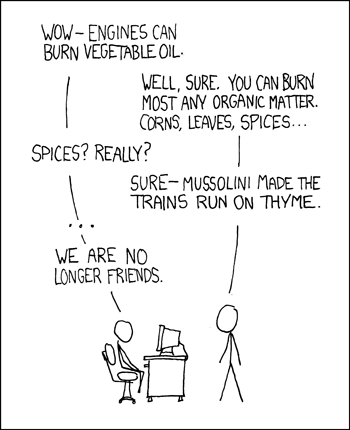Hello from involver: Newsletter number 3!
The summer break is almost upon us (or already here, depending on where in the UK you are), so we hope you’ve had a great year!
Here’s a round up of what we’ve been up to over the last month:
Blog: School councils and student voice: why bother?
Greg says, ‘I’m working from Scotland for most of this week, which meant a very long eight hour train journey! After a double espresso, I was feeling a bit reflective about some of the things that we’re doing with involver and why we’ve been doing them.’ Here are his thoughts:
http://involver.org.uk/2010/07/school-councils-and-student-voice-why-bother/
Training: Making your school council READY!
Lots of schools are thinking about how they can improve their school council or student voice next year – we can help you make it READY (yes, that’s an acronym, have a look here if you want to know what for):
http://involver.org.uk/2010/07/school-council-training-get-in-touch/
Resource: Great set of student voice resources from Australia
Asher came across this series of presentations and supporting resources, which was created by Nick Rate, a trainer from Australia. He’s recorded it all so the people he supports in far flung places down under can access them, but of course it means we all can, we love the internet:
http://www.jogtheweb.com/run/AlhYPd3PMcUd/Student-Voice
Video: Make Your Voice Heard: Discover Democratic Education
A great video from the States about why ‘doing democracy’ in schools is so important. It is included in the set above, but worth a special mention:
http://www.youtube.com/watch?v=S_LbZ3XcfK4
Project: Speaker’s School Council Awards 2011
After a hugely successful opening year, you can now register your interest in the Speakers School Council Awards 2011. It’s a great way to get your achievements recognised, so to get involved, hop over to:
http://www.speakersschoolcouncil.org
Evaluation: Student voice/school council progress this year?
How have you been getting on with student voice, this year? It’s not easy to get right, and it still takes work and support even when it’s a success. We’ve built a very short audit tool to help you reflect. Fill it out and we’ll even provide you with personalised feedback and ideas if you want us to:
http://involver.org.uk/participate/simple-student-voice-audit/
Network: A new Student Voice and School council Linkedin group
For those of you that use Linkedin (for those who don’t: it’s kind of like a professional Facebook), we’ve set up a group to connect and inform people about student voice and school councils. We’re still finding our way around LinkedIn, but our teacher friends tell us it’s very useful. So take a look, and join at: http://www.linkedin.com/groups?mostPopular=&gid=3089339
Networking-fun: Fantasy Democraball!
We’ve set up a fantasy football mini-league for our friends, colleagues and contacts, so please join and invite oithers. You don’t need to know anything about football, just how to add up to £100,000,000. It’s a head-to-head league, so each game you’ll be playing against another person from the citizenship/student voice/youth democracy world (your skill in beating them will be a good ice-breaker topic for when you next meet them at a conference). It’s free to sign up. Once you’ve picked your team use this code to join the ‘Democraball!’ league: 116742-35727
http://fantasy.premierleague.com
So have a great summer!
And remember, if you want to get in touch about anything we’re up to, then please email us at info@involver.org.uk. We’re also always keen to hear about and share good practice, new resources or developments in student voice.
Greg and Asher @ involver




